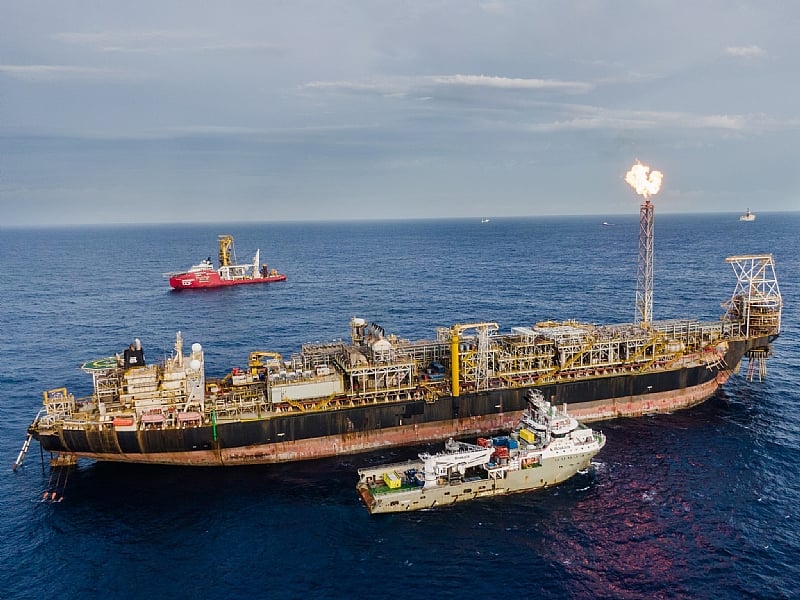Legal and policy experts are calling for a sweeping overhaul of Ghana’s petroleum agreements, warning that the current frameworks fail to deliver fair returns to the country and risk undermining long-term national interests.
Speaking at a policy forum organised by the Institute of Economic Affairs (IEA) on the theme “Reviewing Petroleum Agreements for the Good of Ghana,” Mr. Victor Anku Tsede, Managing Consultant at Excel Legal Consultancy, urged a strategic reassessment of Ghana’s petroleum contracts.
He argued that while earlier agreements were appropriate for their time, emerging realities demand updated terms that secure better value for the nation.
“In my experience working with the investors, I found that the technocrats working with the GNPC, Petroleum Commission… were very knowledgeable people… focused, and knew what was expected of them,” he stated, stressing that future negotiations must be technocrat-led and free from political interference.
Mr. Tsede’s remarks come in the wake of a controversial Memorandum of Understanding (MoU) signed by the government and major oil partners—Tullow Oil, Kosmos Energy, PetroSA, the Ghana National Petroleum Corporation (GNPC), and Explorco—extending the West Cape Three Points and Deepwater Tano licenses by four years, from 2036 to 2040.
The MoU paves the way for drilling up to 20 additional wells with an expected investment of $2 billion. While the deal is touted as a boost for Ghana’s energy future, civil society organisations have raised red flags about the timing, transparency, and long-term impact of the extension.
Mr. Tsede recommended the establishment of a high-level independent committee to thoroughly review all existing petroleum agreements, citing global best practices. He insisted that Parliament must play a central role in future reviews to ensure legal safeguards and responsible oversight of the nation’s natural resources.
Also speaking at the forum, Justice Sophia Akuffo, a Distinguished Fellow at the IEA and former Chief Justice of Ghana, sharply criticised the government’s decision to renew Tullow Oil’s contract well before its expiry date—11 years in advance.
“It’s as though Tullow has been an exemplary business partner, and yet for the last couple of years the country has been caught up in arbitration with them concerning the payment of taxes… they challenged it using all kinds of reasons,” she noted.
Justice Akuffo pointed out that Ghana has yet to recover millions of dollars in disputed taxes from Tullow, and instead faces additional liabilities.
“And then in the middle of all that, we’re extending the agreement, which is not dead yet, and which was made under a different law, a law which is different from what we have now. So, when they say they are extending, what is being extended, just the time?” she questioned.
She expressed concern over the lack of transparency surrounding the MoU and called for a public review of the agreements before any further commitments are made.
“We need to take a pause and review everything, review the experience, review the terms, review where we want to go… and how it fits into the President’s vision of resetting the nation,” she said.
The forum concluded with a consensus on the need for stronger institutional oversight, greater public disclosure, and a national dialogue on the future of Ghana’s petroleum sector, particularly as the country seeks to balance resource extraction with long-term sustainability.


